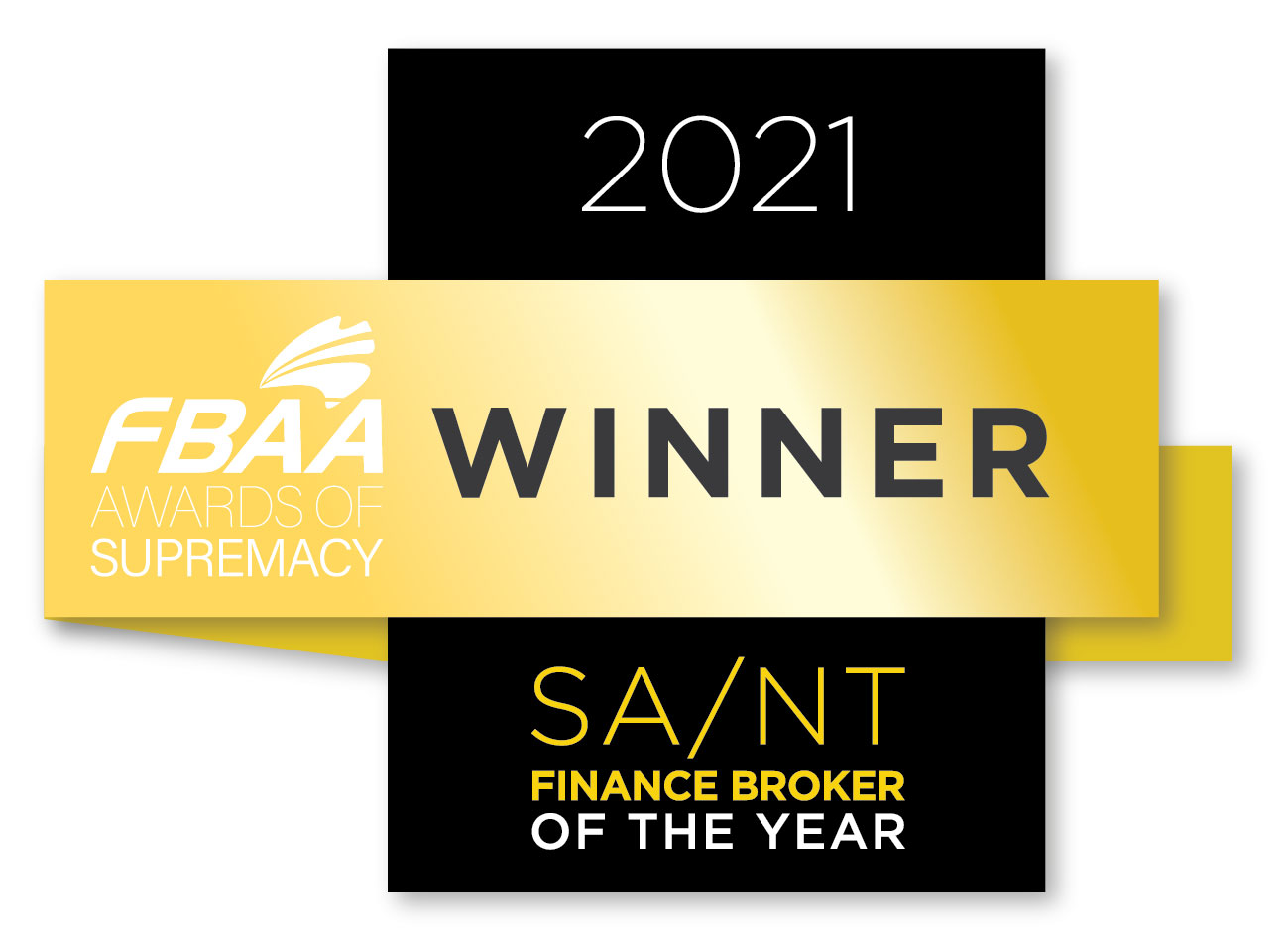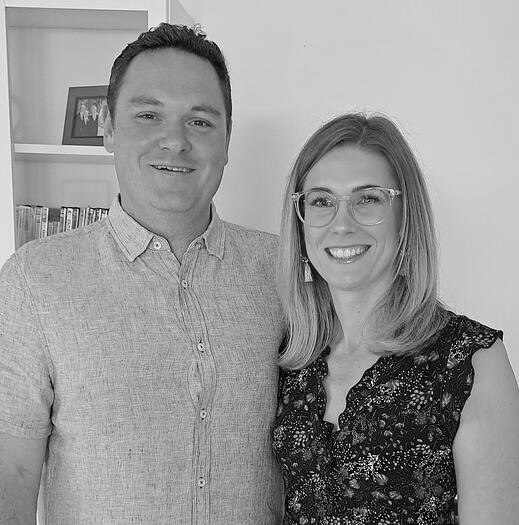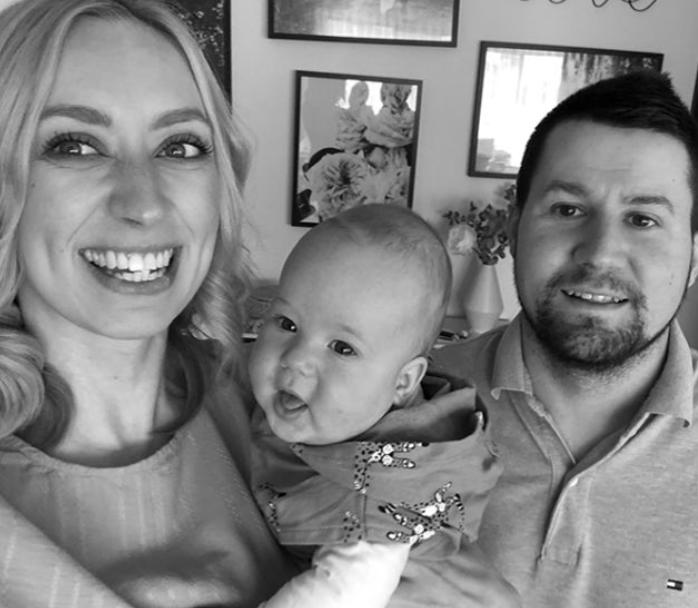Our minds can play tricks on us when it comes to money and financial decision-making. Our perceptions and biases, though often hidden, impact our spending, investing, saving, and managing debt.
To shed light on this subject, we turn to the insightful work of renowned behavioural economist Dan Ariely and his book, “Dollars and Sense: How We Misthink Money and How to Spend It Smarter.” From his valuable insights, we have pulled two key lessons that can empower individuals to make more informed financial choices and develop a healthier relationship with money.
Lesson 1: Mental Accounting
Every dollar is the same, no matter where it comes from or what we plan to do with it. But in our minds, we divide our money into different categories like savings, investments, or spending. This can make us treat money differently, even though its value remains the same. For instance, one may hesitate to utilize savings but readily splurge if presented with a bonus or a tax refund. Recognising this enables us to approach financial decisions with greater rationality.
Consider the following strategies and the benefits of mental accounting:
– Separate your funds:
Allocate only a small portion of your finances to a spending account or a designated “fun” account, while putting away the majority in your home loan accounts. This reduces the temptation to spend on non-essential items.
– Recognise marketing tactics:
Companies often take advantage of mental accounting biases. For instance, casinos use chips instead of cash, as people tend to spend chips more freely. Similarly, financial institutions understand that individuals perceive credit card spending differently from cash transactions. Being aware of these tactics can help you make more mindful choices.
– Set goals for windfall income:
In the event of unexpected income, such as bonuses or tax refunds, have a predetermined plan for how you will allocate that money. By assigning it to paying down debt or putting it into Super, you avoid the temptation to spend it on unnecessary purchases.
Lesson 2: Opportunity Cost
Every decision we make involves an opportunity cost—the value of what we give up by choosing one option over another. Understanding the concept of opportunity cost enhances our ability to make more informed choices about allocating our resources, including money and time. For instance, driving around to shop at several different supermarkets and spending hours on something for a minimal return may not be the most effective use of your time. Instead, consider the opportunity cost and explore more productive endeavours.
Consider the following perspectives when evaluating opportunity costs:
– Think beyond monetary costs:
Opportunity costs extend beyond finances. Consider the time, effort, and potential benefits you could gain from alternative choices.
– Evaluate long-term gains:
Before making a purchase, think about the potential long-term returns you could achieve by investing that money instead. This perspective can help you make more thoughtful spending decisions.
– Assess the totality of your portfolio:





























